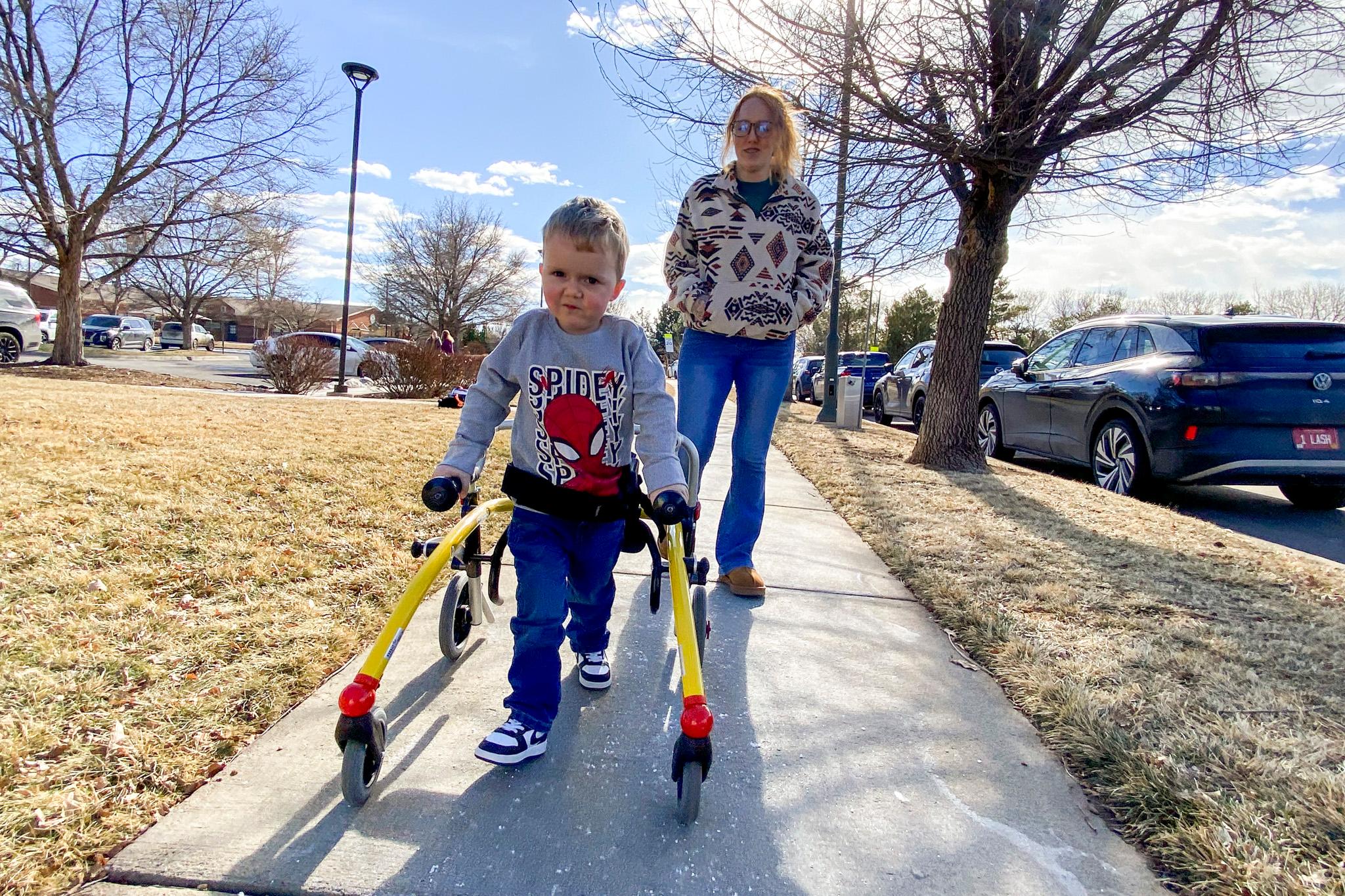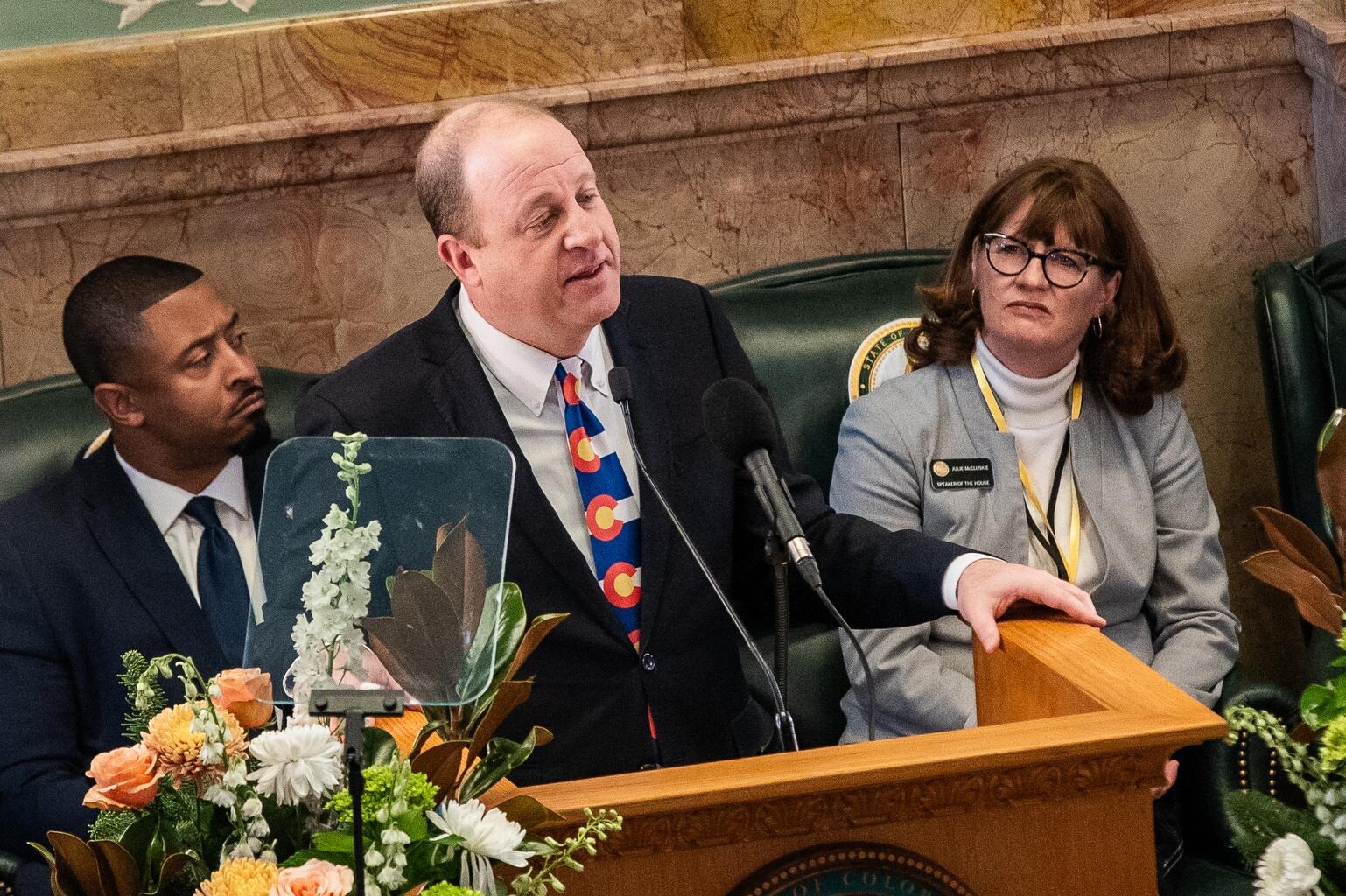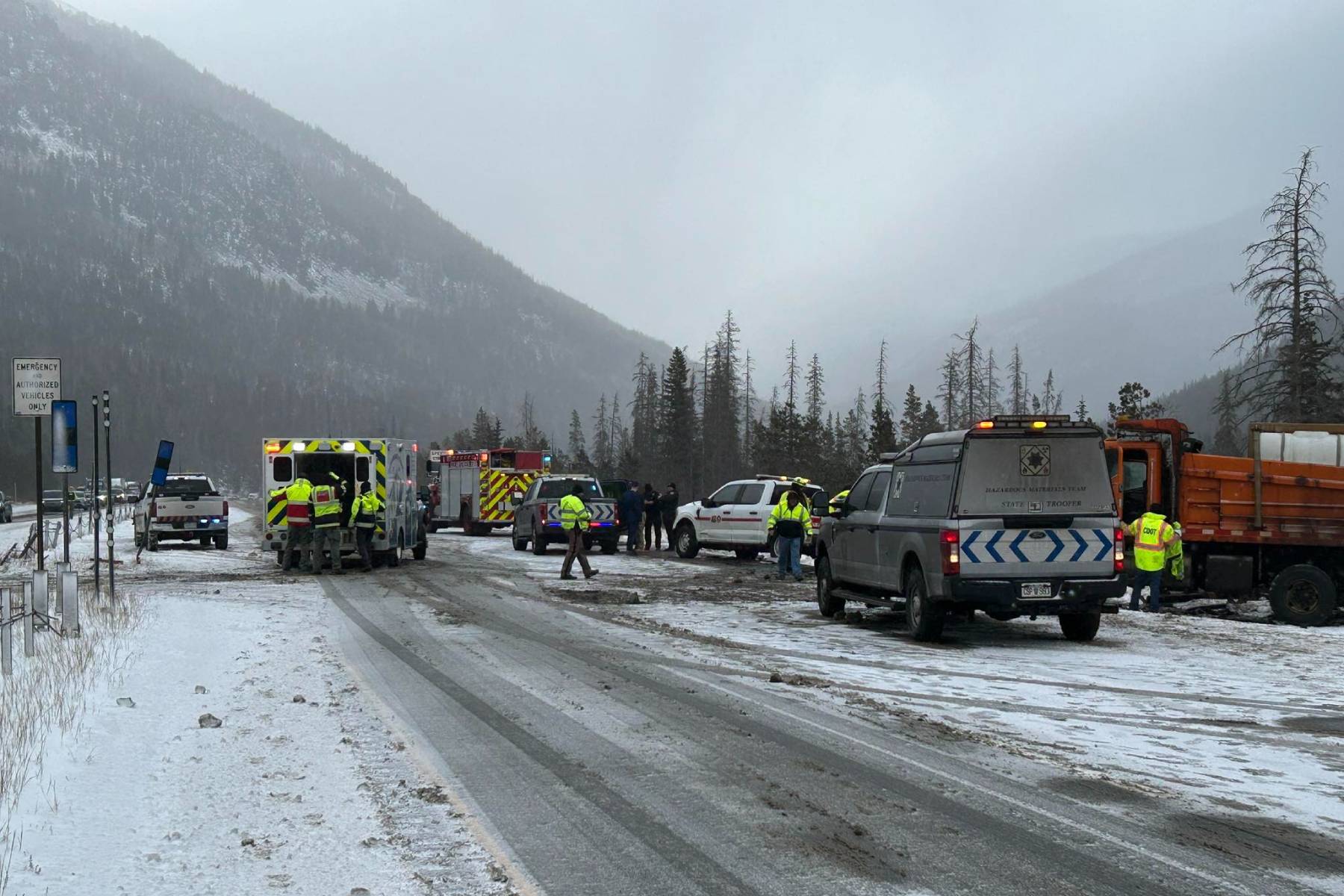
The first Sun Day wasn’t exactly sunny.
On May 3, 1978, President Jimmy Carter traveled to the newly established Solar Energy Research Institute, the predecessor of the National Renewable Energy Laboratory in Golden. The visit coincided with Sun Day — a nationwide holiday to celebrate the sun as a potential answer to the 1970s Energy Crisis.
The Colorado weather declined to cooperate with the festivities. After refusing an umbrella from the Secret Service, reporters watched Carter take the podium in a driving rainstorm to announce plans to invest an additional $100 million into renewable energy research. It was a first step, he said, in “the long, slow job of winning back our economic independence.”
“Nobody can embargo sunlight. No cartel controls the Sun. Its energy will not run out. It will not pollute the air; it will not poison our waters. It's free from stench and smog. The Sun's power needs only to be collected, stored, and used,” Carter said.
Those ambitions faltered after President Reagan won a landslide election victory in 1980. Besides removing the White House solar panels installed by Carter, the new administration gutted federal funding for renewable energy research in favor of free-market policies favored by the oil and gas industry. Solar researchers at the time warned the cuts would cede the benefits of photovoltaic panels to foreign nations.
Sun Day also went dark — until last weekend. Bill McKibben, a veteran climate activist and author, led the effort to revive the celebration with more than 450 events nationwide. Those gatherings coincided with the autumnal equinox and the release of "Here Comes The Sun", McKibben’s new book about the rapid rise of solar energy and why it offers a ray of hope amid the climate crisis.
“Sadly, we're not going to stop global warming. That's not on the list of options. We may — emphasis on ‘may’ — still be able to stop it short of the place where it cuts civilization off at the knees,” McKibben told CPR News.
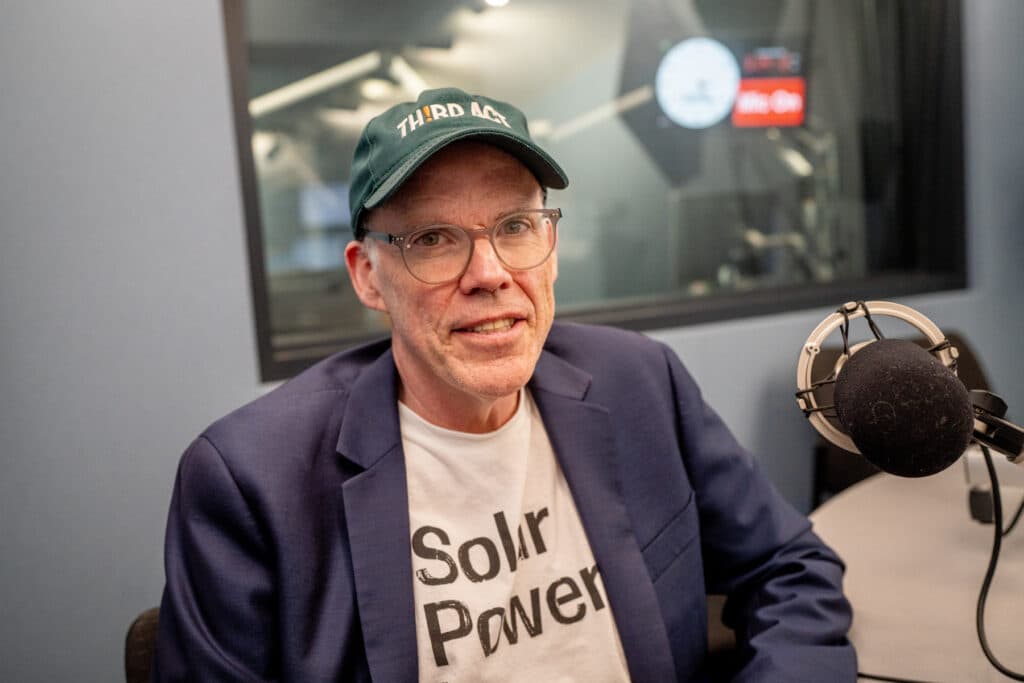
The dawn of a second Sun Day
The revived Sun Day celebrations were meant to spotlight a technology that’s taken a quantum leap over the last half-century.
In “Here Comes the Sun,” McKibben writes that solar panels are no longer an experimental curiosity. They’re “the cheapest way to produce power” and “the Costco of energy, inexpensive and available in bulk.”
In Denver, organizers with Third Act, an activist group founded by McKibben, put together a Sun Day celebration in the City Park Esplanade across from East High School. Retired Denver7 meteorologist Mike Nelson served as emcee for an afternoon of speakers and musicians. Meanwhile, visitors wandered between booths full of solar-powered heat pumps and a lineup of electric vehicles.
The event matched politics with zany sun worship. Chris Condit, a Denver resident and co-facilitator for Third Act, wore a solar panel costume crafted from foam board covered in an array of blue metallic tape. A pair of pinwheels stuck out from her shoulders to represent wind turbines.
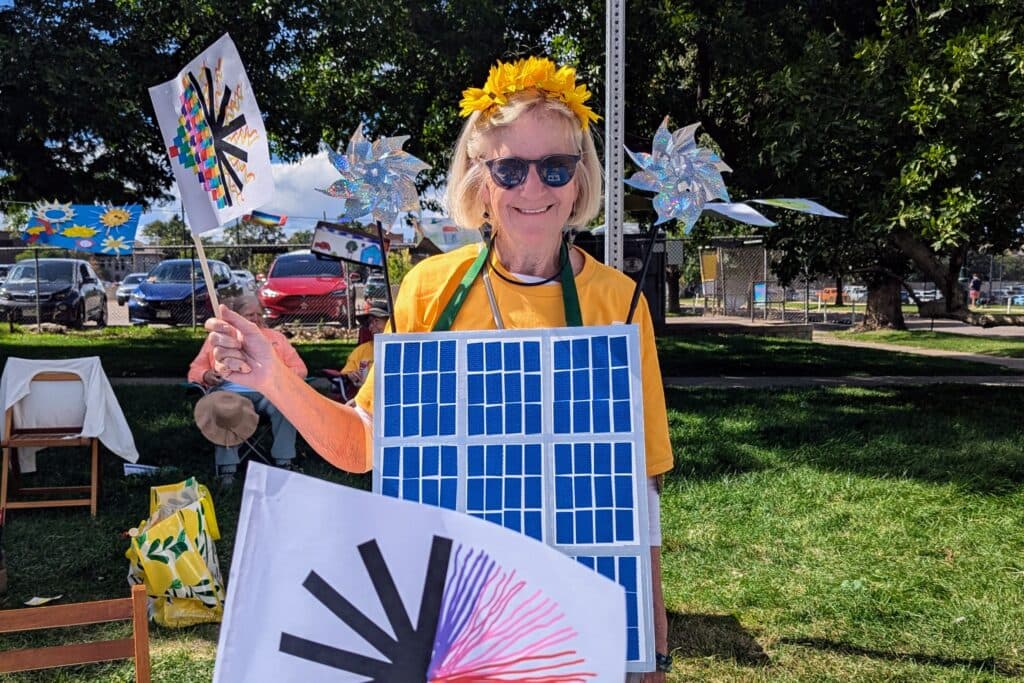
Condit acknowledged that the event comes at a tough moment for U.S. climate activists. Since retaking office, President Trump has eliminated tax credits for home solar and gutted the Biden-era Solar For All program, which set aside $7 billion for solar projects meant to cut energy bills for low-income households. He’s also continued a verbal barrage against demands for climate action, calling it the “greatest con job ever” in a speech before the United Nations on Tuesday.
Without much opportunity for federal climate action, McKibben said it is more important than ever for local communities to remove regulations pushing up the price of rooftop solar, which is far cheaper to install in Australia and the European Union.
One potential solution is SolarApp+, a software app developed by the National Renewable Energy Laboratory to standardize rooftop solar permitting across different communities.
McKibben was disappointed Colorado lawmakers gutted a bill to require municipalities to use the software statewide earlier this year. That came after Boulder officials complained the tool might make it harder to enforce its flood plain regulations and historic preservation rules.
“It's complete, complete nonsense. Boulder is the kind of place that should be out front, encouraging other communities to go the right way,” McKibben said.
A new message for the solar age
The focus on deregulation revamps the message behind the original Sun Day.
Denis Hayes organized the 1978 celebration eight years after coordinating the first Earth Day. The 81-year-old environmental activist said a key goal behind the first Sun Day was to get the federal government to sign up to purchase early photovoltaic panels. If the government generated enough demand, Hayes figured, the price would eventually plummet.
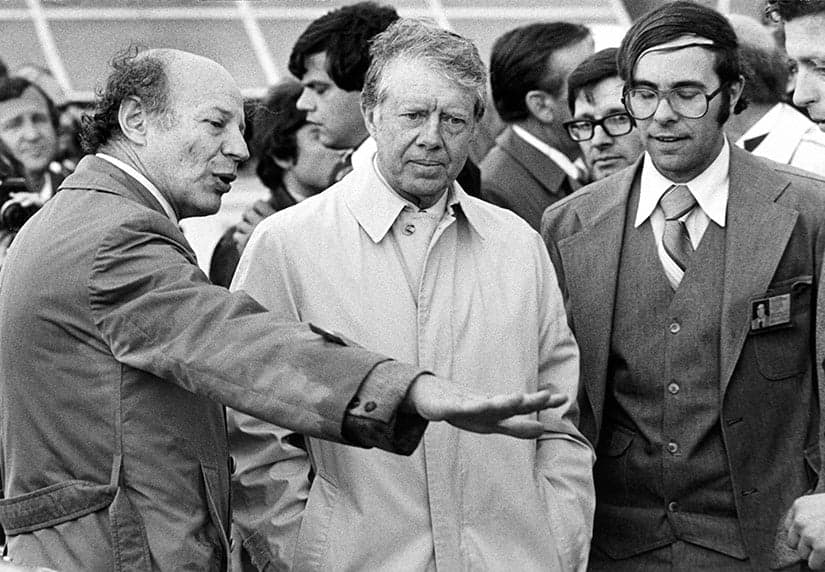
It’s the same strategy Hayes said the government used to drive down the price of computer chips during the Cold War. NASA and the Department of Defense purchased enough of them to drive down the price, which eventually allowed consumers to access everything from personal computers and smartphones. He wanted a similar approach to solar energy.
“Tragically, of course, the Chinese did that rather than the Americans,” Hayes said.
As McKibben documents in Here Comes the Sun, China relied on subsidies and purchase guarantees to transform itself into a global solar behemoth over the last two decades. The country’s factories now have the capacity to build 1.1 terawatts of solar every year, slightly more than scientists say the world needs to avoid the worst consequences of climate change.
As China rises and solar energy prices drop, McKibben thinks it's time for the U.S. climate movement to shift its focus. He’s spent years leading efforts to block fossil fuel pipelines and drilling projects. Now he thinks environmental activists should throw their energy behind almost anyone building solar installations, wind farms or utility-scale batteries.
With climate change bearing down, he said there’s no margin for delay.
“We will push as hard as we can going forward to try and change state and local policies,” McKibben said.

